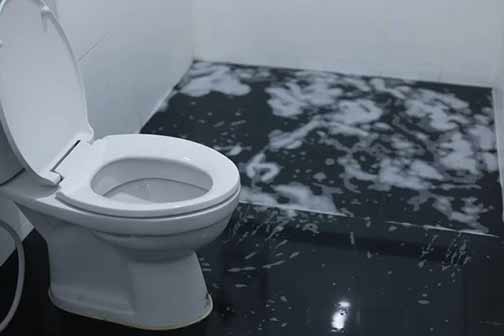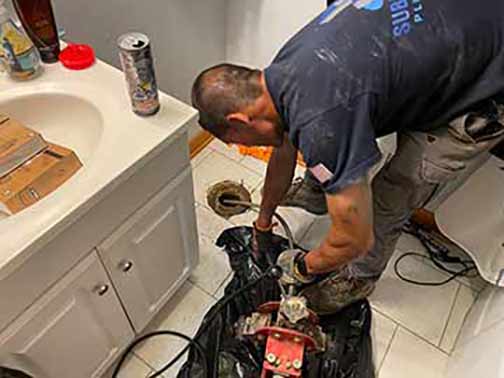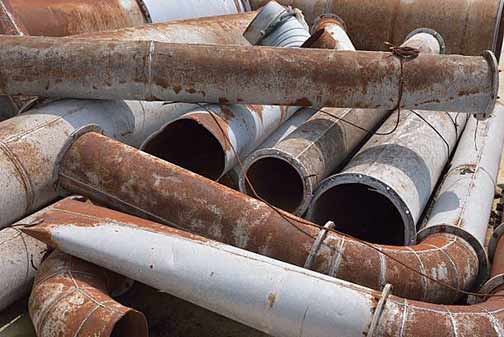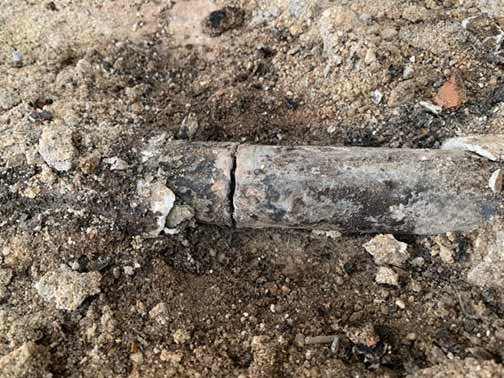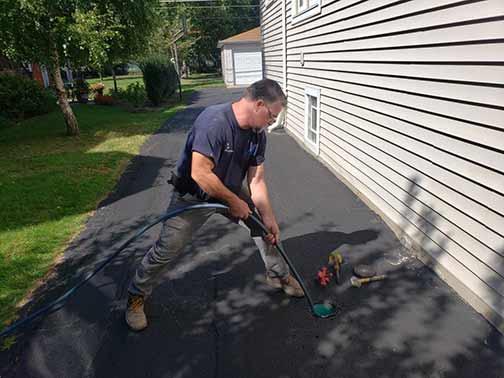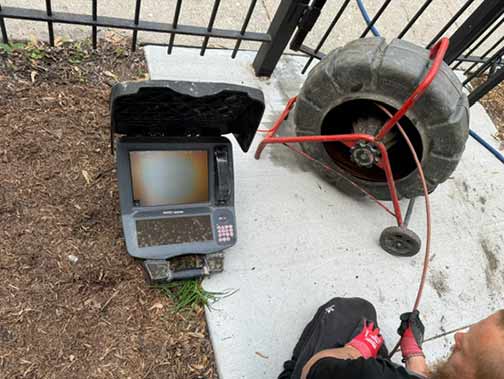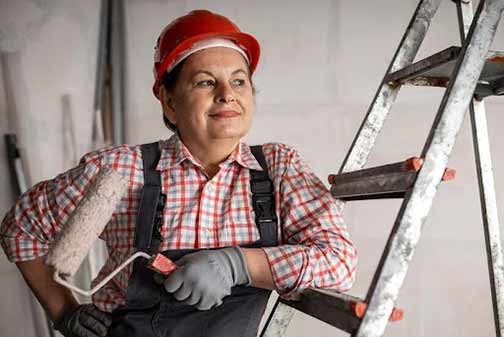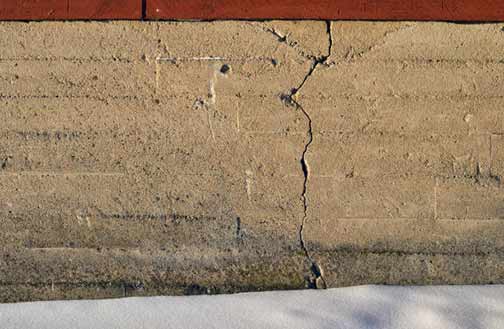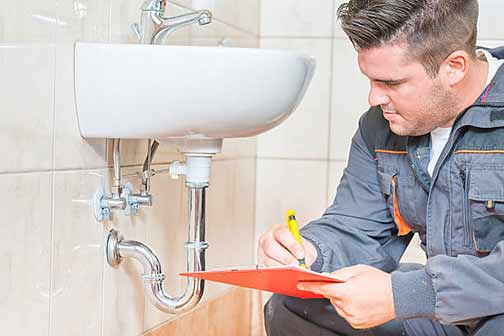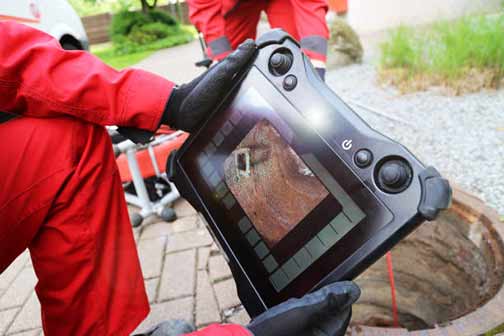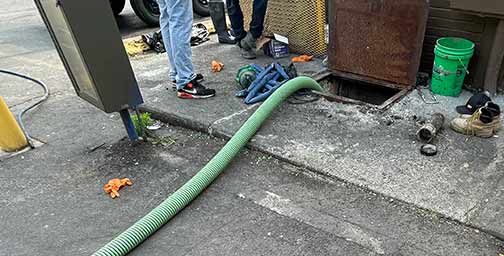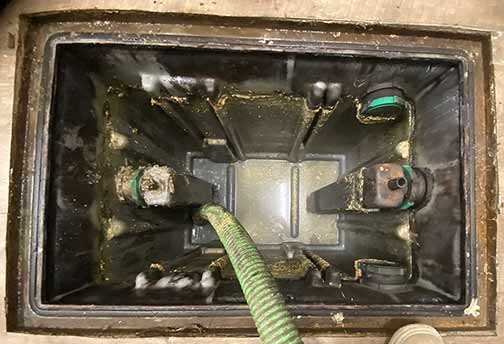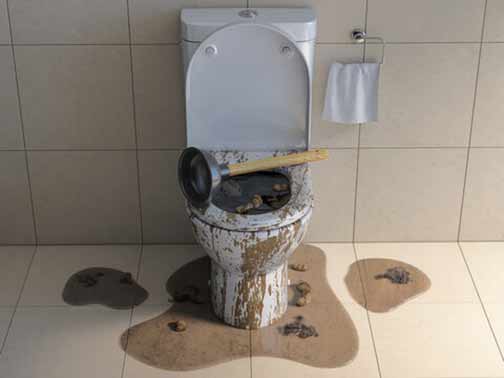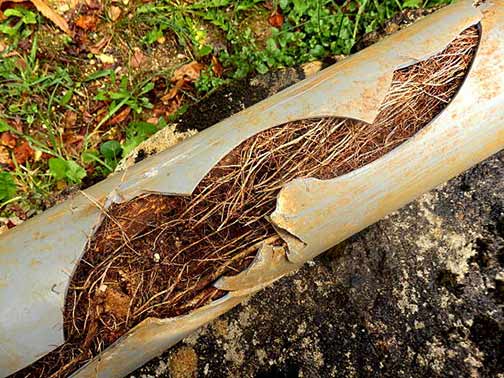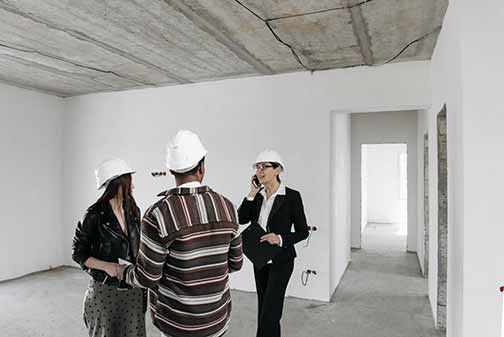
If you’re relocating to an older Chicago home, the charm and historic appeal are likely major attractions. Yet, along with beautiful architecture and established neighborhoods, many older homes in Chicago come with aging infrastructure, including plumbing that may contain lead. This can pose health risks for residents, especially families with children.
Before moving in, consider having the plumbing system tested for lead to ensure the safety of your drinking water. Here’s a guide to help you understand the risks of lead pipes, how to test for them, and what to do if your new home has them.
Choosing a Trustworthy Moving Company for a Safe and Smooth Transition
First off, when moving into an older home in Chicago, working with a professional moving company can streamline the process, especially if you’re coordinating plumbing inspections or pipe replacement. Golans Moving and Storage Chicago understands the unique needs of relocating within the city. They can help ensure a smooth, efficient move while you focus on settling into your new home safely. Their expertise in Chicago neighborhoods allows them to handle the logistics of moving to older properties, saving you time and stress.
Why Older Chicago Homes Might Have Lead Pipes
Lead pipes were once the standard for residential plumbing because of lead’s durability and malleability. Like many U.S. cities, Chicago utilized lead pipes extensively before the dangers of lead exposure were fully understood. In 1986, amendments to the Safe Drinking Water Act officially banned the use of lead pipes in plumbing, but many homes built before this date still have lead components in their plumbing systems.
Given that Chicago has one of the oldest water infrastructures in the country, relocating to an older Chicago home makes it likely that the property has lead pipes. Understanding these risks before moving in can help new homeowners make informed decisions about their health and home improvements.
Finding Local Support for Lead Testing and Safe Moving Practices
For those moving from nearby suburbs like Lincolnwood, Illinois, where homes are generally newer and less likely to have lead pipes, it’s easy to overlook this potential issue when relocating to an older Chicago home. However, moving experts in Lincolnwood are well-acquainted with the unique challenges of Chicago’s historic properties.
Furthermore, they might even have a recommendation as to where you can start looking for local resources to help you with lead pipes. By working with experts familiar with the Chicago area, new homeowners can access valuable resources for safe lead testing and mitigation before fully settling into their homes.
Health Risks Associated with Lead in Drinking Water
Finding the right support is crucial, especially because exposure to lead from drinking water poses health risks particularly concerning for children and pregnant women. The Centers for Disease Control and Prevention (CDC) has reported that lead exposure can affect almost every organ and system in the body, with the nervous system being especially vulnerable.
In children, lead exposure can result in developmental delays, behavioral issues, and learning disabilities. Even low levels of lead exposure can have long-term health consequences. For adults, risks include high blood pressure, kidney damage, and reproductive issues.
The unique problem with lead pipes is that lead can leach into water, especially if the water is acidic or if pipes are corroding. The U.S. Environmental Protection Agency (EPA) has established that there is no safe level of lead exposure, making it critical for those relocating to an older Chicago home to test their water and plumbing systems.
Signs Your Older Chicago Home Might Have Lead Pipes
Knowing the construction year of your home is the first indicator of potential lead plumbing. If your home was built before 1986 in Chicago, assuming it could contain lead pipes or lead soldering in the plumbing system is advisable. Some physical characteristics can help identify lead pipes:
- Soft Metal: Lead is a soft metal, and you can often scratch it easily with a screwdriver or other sharp object
- Grayish Color: Lead pipes tend to have a dull gray color, and they will not be magnetic
- Bulbous Joints: Lead pipes often have bulbous or swollen joints due to how the lead was molded during installation
If you’re unsure how to identify lead pipes or suspect that your plumbing may contain lead but cannot confirm this, it’s best to consult a professional plumber or testing service.
How to Test for Lead in Your Home’s Water and Plumbing System
Several methods can be used to test for lead in an older Chicago home. Some homeowners choose to start with at-home lead testing kits, while others prefer hiring a professional for more accurate results.
At-Home Lead Testing Kits
These are available at most hardware stores and are relatively easy to use. Generally, you’ll collect water samples from various points in your home and send them to a lab for analysis. These kits may not be as comprehensive as professional testing, but they can give you an initial idea of whether lead is present.
Professional Water Testing Services
Professional testing services are more precise and can measure even low lead levels in your water. Many professional services will also test multiple points in your home to determine if lead comes from the main pipes or fixtures within the home. In Chicago, certified water testing companies are familiar with the city’s aging infrastructure.
City-Provided Lead Testing
Chicago offers free home lead testing kits, which you can request through the Chicago Department of Water Management. The department also provides additional resources and guidance on reducing lead exposure.
What to Do if Your Chicago Home Has Lead Pipes
Discovering lead pipes in an older Chicago home can be concerning, but there are several ways to address the issue and reduce exposure risks.
Consider Pipe Replacement
Replacing lead pipes entirely is the most effective way to eliminate the risk of lead exposure. Although this can be costly, some homeowners find the long-term health and safety benefits worthwhile. In Chicago, programs are available to help eligible residents reduce the cost of replacing lead service lines.
Install a Filtration System
Certified water filters can remove lead and other contaminants from drinking water. Look for filters certified by NSF International to effectively remove lead, and follow the manufacturer’s instructions for replacing filters regularly.
Flush Your Pipes
If full pipe replacement or filtration isn’t an immediate option, flushing your pipes is a simple way to reduce lead exposure. Let cold water run for a few minutes before using it for drinking or cooking, as lead concentrations are typically higher when water has been sitting in pipes.
Use Only Cold Water for Drinking and Cooking
Hot water can increase the likelihood of lead leaching, so it’s safer to use cold water for any consumption and heat it as needed.
Steps Chicago Is Taking to Address Lead in Water
In recent years, Chicago has taken steps to address the prevalence of lead pipes in its homes and water infrastructure. The city has introduced initiatives to make lead testing and lead pipe replacement more accessible.
However, replacing all lead service lines is a long-term project that may take decades. Chicago residents can access free lead testing kits and may be eligible for partial reimbursement or lead service line replacement funding. Awareness and testing remain essential, especially for those moving into older homes where lead plumbing is more likely.
Final Thoughts on Relocating to an Older Chicago Home and Testing for Lead Pipes
Relocating to an older Chicago home can offer many benefits, but safety should be a top priority, especially when it comes to drinking water. Whether you choose to use a lead testing kit, hire a professional, or utilize Chicago’s resources, knowing if your home has lead pipes empowers you to make informed decisions. As you settle into your new home, taking proactive steps to safeguard your water supply will allow you to enjoy everything your Chicago home offers with peace of mind.
